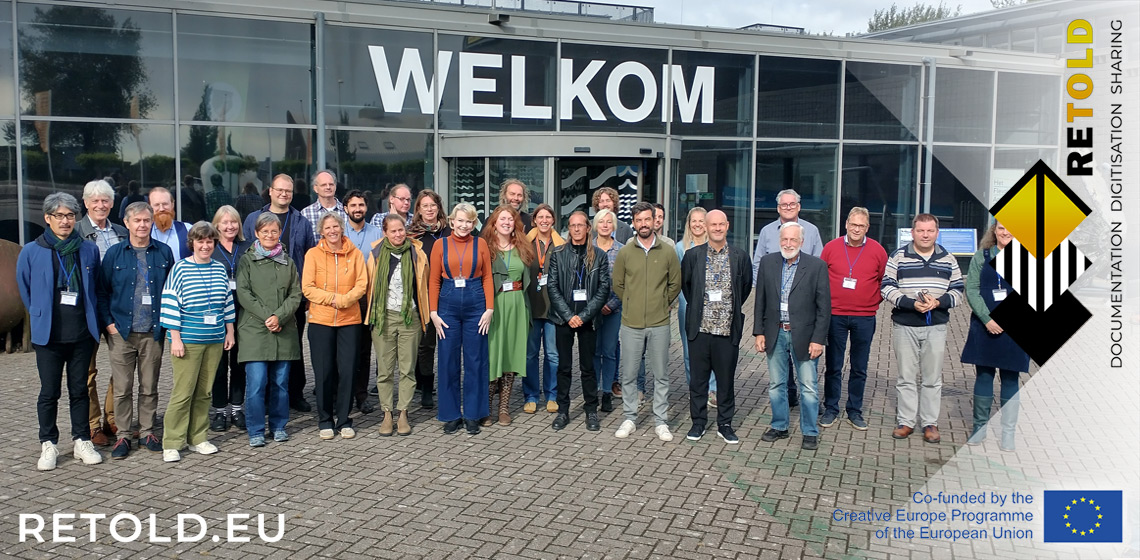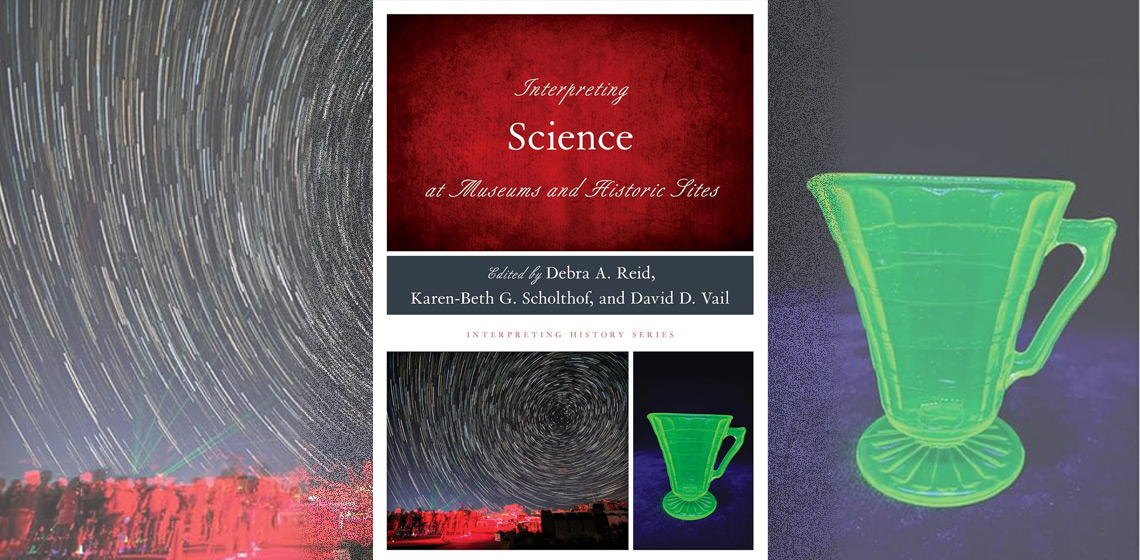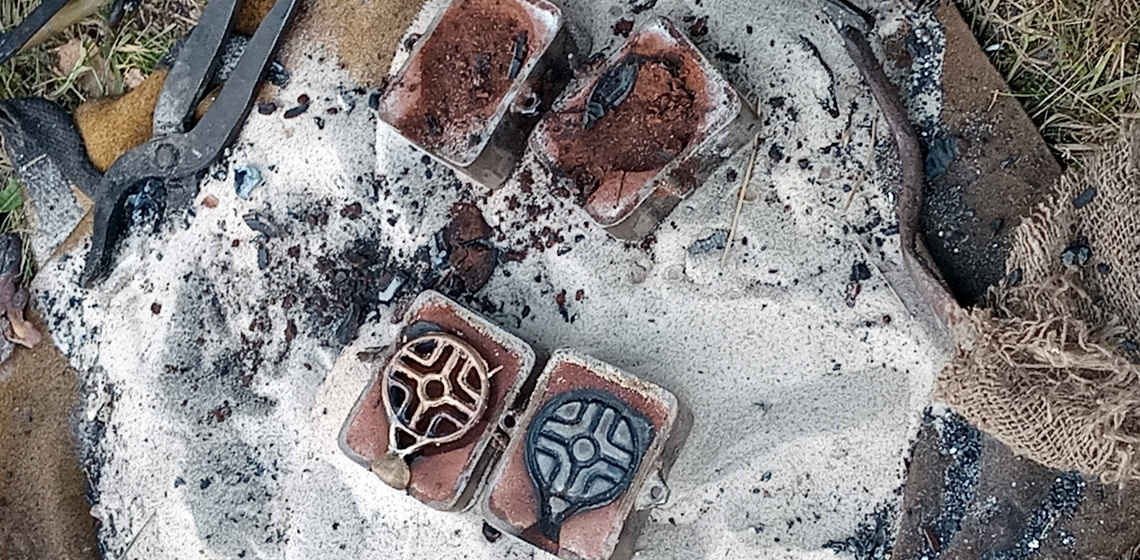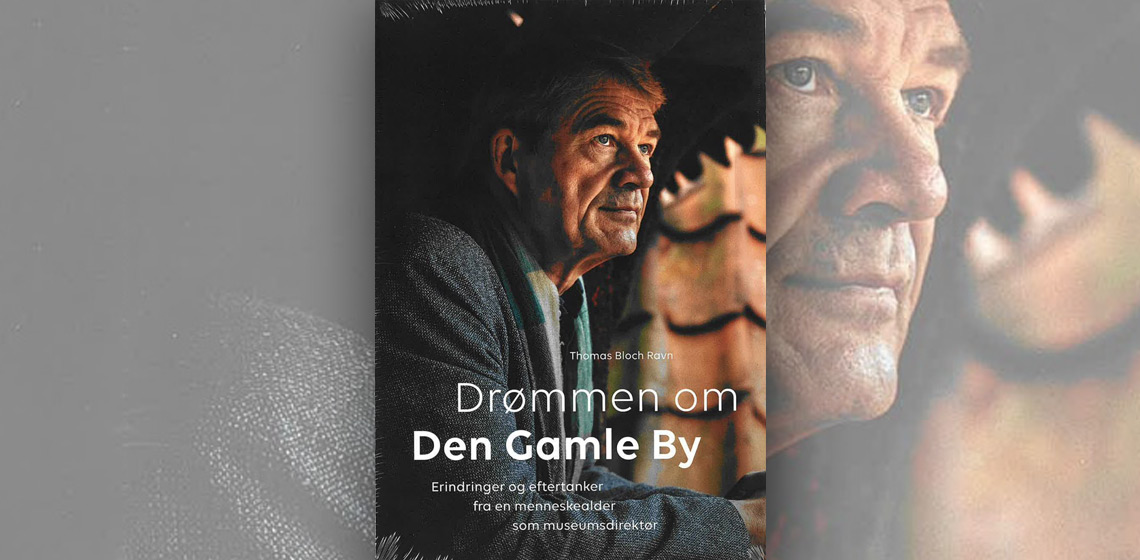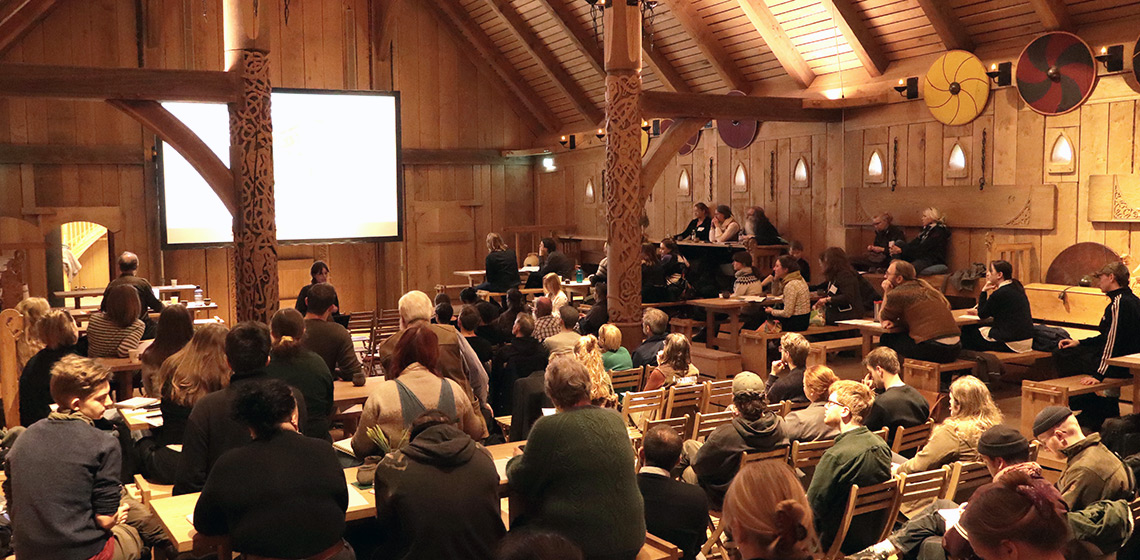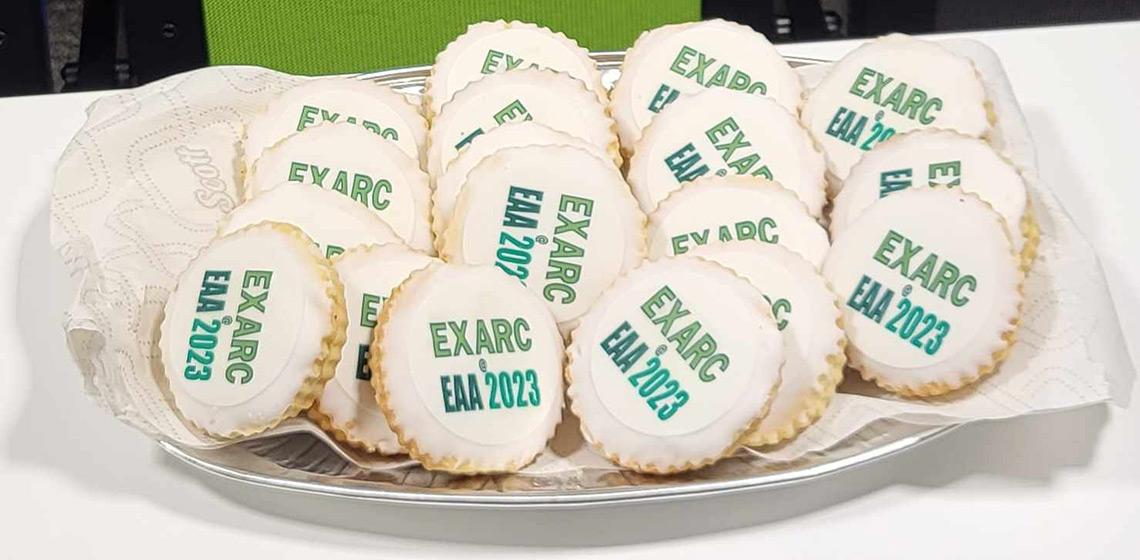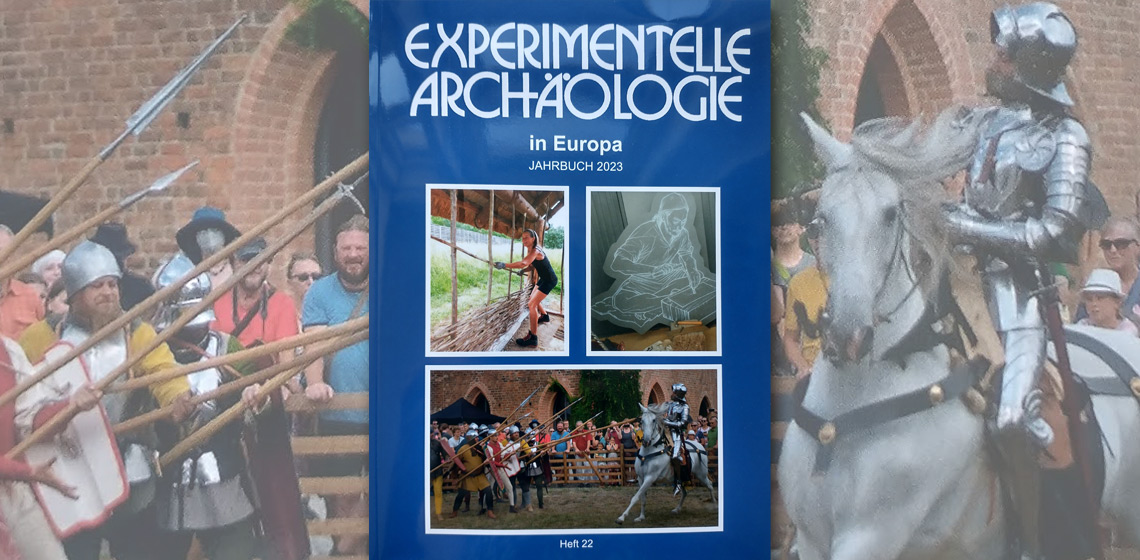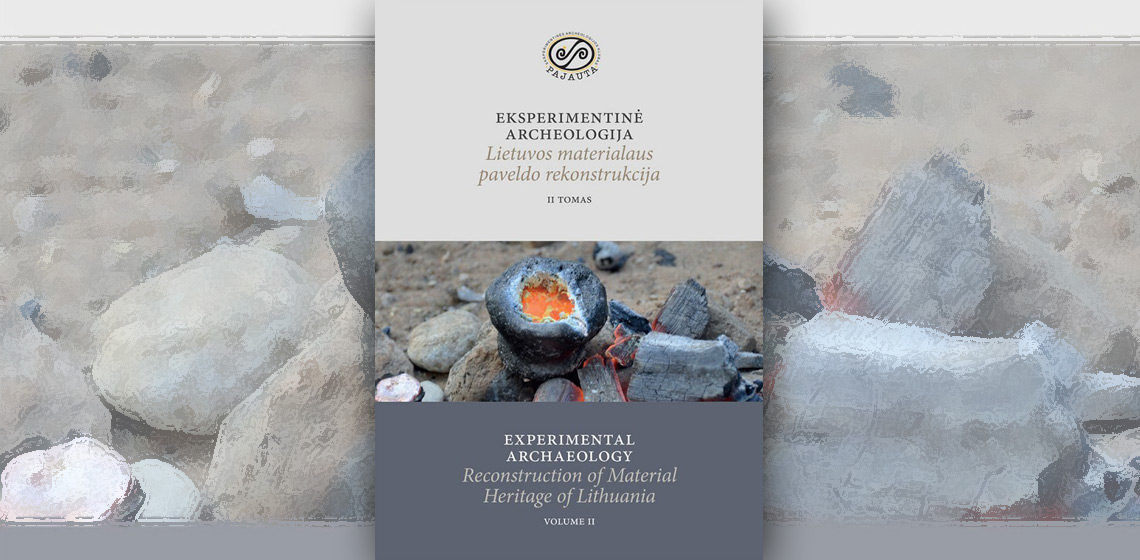review
RETOLD: Review of the Meeting at Batavialand, Lelystad, September 2024
Book Review: Interpreting Science at Museums and Historic Sites by Debra A. Reid (eds)
Book Review: Experimental Archaeology: Reconstruction of Material Heritage of Lithuania, Volume I by Daiva Luchtaniene (ed)
I am honoured to write a review of the book Eksperimentinė archeologija, Lietuvos materialaus paveldo rekonstrukcija, I tomas or Experimental archaeology, Reconstruction of Material Heritage of Lithuania, volume I; compiled by Daiva Luchtanienė. I have to admit that I know very little about Lithuania and their experimental archaeology and I was looking forward to learning more...
Event Review: Bronze Casting in Daugailiai, Lithuania
Book Review: "The dream of The Old Town – Memories and reflections from a lifetime as museum director by Thomas Bloch Ravn" by Helle Ingerslev Kristensen
Conference Review: The Future of Experimentation, Lejre, March 2024
Conference Review: EXARC at the EAA, Belfast, September 2023
The purpose of the session, co-chaired by Brendan O’Neill and Rena Maguire (UCD) and Giovanna Fregni, was to bring together researchers working in different fields who engage in experimental archaeology as part of their work. Its aim was to fuse experimental and experiential archaeology with reconstructing past narratives. The session was well-attended, and not only because of the bespoke EXARC biscuits! The papers were divided into the categories of organic materials, pyrotechnic processes, and educational and cultural significance.
Book Review: Experimentelle Archäologie in Europa, Jahrbuch 2023
***The periodical is published by Gunter Schöbel and the European Association for the Advancement of Archaeology by Experiment e. V. (Europäische Vereinigung zur Förderung der Experimentellen Archäologie) in collaboration with the Pfahlbaummuseum Unterhuldingen...
Book Review: Experimental Archaeology: Reconstruction of Material Heritage of Lithuania, Volume II by Daiva Luchtaniene (ed)
Experimental Archaeology: Reconstruction of Material Heritage of Lithuania, Volume II, is an interesting journey back into the past by means of practical experimentations. An insightful volume that contains a collection of well-written and well-crafted essays exploring different facets of ancient life in Lithuania...

